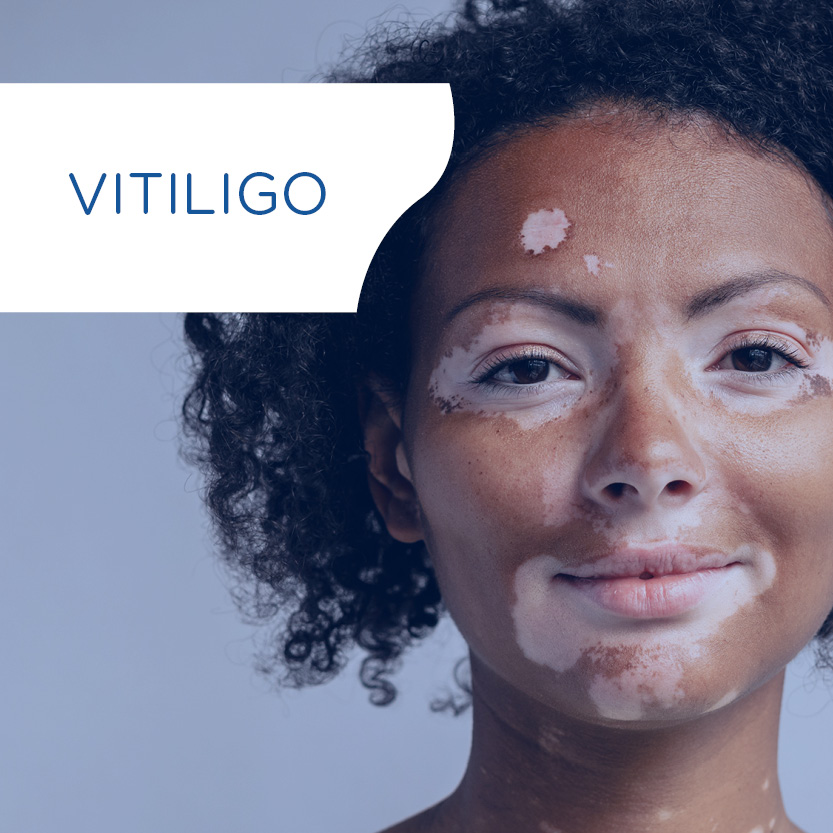Alternative (non-animal) methods for cosmetic testing: current status and future prospects – UV-induced effects
Alternatives to Laboratory Animals, 33(S1) Chapter 3.8, UV-induced Effects: 131-46
LIEBSCH M., SPIELMANN H., PAPE W., KRUL C., DEGUERCY A. and ESKES C. (2005)
ZEBET BfR, Diedersdorfer Weg 1, 12277 Berlin, Germany.
Beiersdorf, Hamburg, Germany.
TNO Voeding, 3700 AJ Zeist, The Netherlands.
Bioalternatives, Gençay, France.
ECVAM, Institute for Health & Consumer Protection, European Commission Joint Research Centre, 21020 Ispra (VA), Italy.
Abstract
According to the current Notes for Guidance of the Scientific Committee on Cosmetic Products and Non-Food Products (SCCNFP), cosmetic ingredients and mixtures of ingredients absorbing UV light (in particular UV filter chemicals used, for example, to ensure the light stability of cosmetics or used in sun protection products) should be tested for acute phototoxic and photogenotoxic potential.
Testing for photosensitisation (immunological photoallergy) potential is not specifically required, but it is nevertheless often performed.
© 2005 M. Liebsch et al.
KEYWORDS: UV-induced effect; Acute toxicity; Cosmetic testing; Alternative methods
Related posts
Check out Bioalternatives’ updates and experience new testing ideas
- Bioassays, models and services
- Posts and publications
- Events







